Trauma-Informed FlourishCare™ Paraprofessional Program

Why Community Health Workers?
Hear from our program participants about what draws them to become CHWs in their communities.
 I want to be able to prove help to individuals in southern eastern Kentucky that might not have access to resources that could improve quality of life for them. I want to be able to prove help to individuals in southern eastern Kentucky that might not have access to resources that could improve quality of life for them.
Michelle Baird, Cohort 2, CHW-in-training, VOA Freedom House
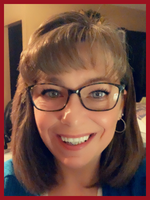 I'm from a small town in extreme eastern Kentucky, a place that was very hard hit during the July 2022 flood. The flood did more damage to this little county than most people could imagine. I started my job as a CHW at MCHC a little over a month later. We had patients living in tents, campers, with relatives - having lost everything they had and worked for years to acquire. It's still not perfect over a year later, and, honestly, it won't be for a very long time. But, knowing I made a difference, no matter how small, in helping those in need, whether it was assisting them getting something they desperately needed or just listening to them, giving them the space they needed to vent or cry, was the most meaningful part of my job as CHW so far. I'm from a small town in extreme eastern Kentucky, a place that was very hard hit during the July 2022 flood. The flood did more damage to this little county than most people could imagine. I started my job as a CHW at MCHC a little over a month later. We had patients living in tents, campers, with relatives - having lost everything they had and worked for years to acquire. It's still not perfect over a year later, and, honestly, it won't be for a very long time. But, knowing I made a difference, no matter how small, in helping those in need, whether it was assisting them getting something they desperately needed or just listening to them, giving them the space they needed to vent or cry, was the most meaningful part of my job as CHW so far.
Tonya Baker, Cohort 1, CCHW, MCHC Whitesburg Medical and Dental Clinic
 The most meaningful part of my work as a CHW is connecting underserved communities to health and social services. Being able to help patients gain access to the social services they need to sustain their lives is a real privilege. The difference you can make in someone's life by addressing the social determinants of health is unbelievable. You don't think that someone's basic needs have a factor on their overall health, but it does. Someone who has social concerns such as housing, job issues, food insecurity etc. is not likely to follow up with doctors' appointments or a behavioral health plan. The most meaningful part of my work as a CHW is connecting underserved communities to health and social services. Being able to help patients gain access to the social services they need to sustain their lives is a real privilege. The difference you can make in someone's life by addressing the social determinants of health is unbelievable. You don't think that someone's basic needs have a factor on their overall health, but it does. Someone who has social concerns such as housing, job issues, food insecurity etc. is not likely to follow up with doctors' appointments or a behavioral health plan.
Somerlin Cheek, Cohort 1, CCHW, MCHC Harlan Medical and Dental Clinic
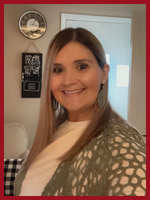
What interested me in pursuing the CHW training is that I love helping people. The community that I come from doesn’t have many CHWs or anybody that you’re able to reach out to for resources and the help that you need. I want to be able to give back to my community as much as possible! There are so many resources out there, but there isn't much education about them. Because there’s nobody there to spread it or to be able to assist people in learning about all the resources that are out there. I feel like the impact I can have on this community through this training is magnificent. Informing people about these resources will be such a big help to the elderly, the homeless, and many others. I see nothing but greatness from the help of CHWs!
Savannah Davis, Cohort 2, CHW-in-training, Barbourville Family Health
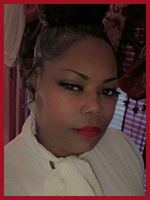
Throughout training I learned that this job does not start with work. It starts with dedication and is led with our hearts. By the end of each client’s visit, there’s a smile complementing reassurance. From housing to food and even financial burden, I do all I can to alleviate worry from anyone who faces uncertainty. The most meaningful object for me is earning a living by servicing the disenfranchised. No matter nationality status, color, sex, religion, political beliefs, age, and/or handicap. It’s an enjoyable experience to relieve others of worry. It is my goal for each client to genuinely feel cared for behind every resource utilized on their behalf. That’s the recognition I would like the world to know and shine on this position. Community.
Tameka Lester, Cohort 1, CCHW, UofL Trager Institute/Republic Bank Foundation Optimal Aging Clinic
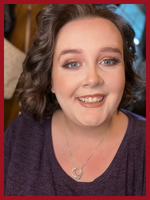 The most meaningful part of being a CHW for me has been making a difference in peoples lives. Showing them that someone is proud of them so they can be proud of themselves. CHWs are people who live and breathe compassion for other people. You really have to have a heart for helping people in this profession. Being a CHW isn’t just a bridge between the social work field and the medical field. It’s a bridge between hearts. One that’s founded in love for others. The most meaningful part of being a CHW for me has been making a difference in peoples lives. Showing them that someone is proud of them so they can be proud of themselves. CHWs are people who live and breathe compassion for other people. You really have to have a heart for helping people in this profession. Being a CHW isn’t just a bridge between the social work field and the medical field. It’s a bridge between hearts. One that’s founded in love for others.
Kristina Moore, Cohort 1, CCHW, MCHC Harlan Medical and Dental Clinic
 I would say the most meaningful part of this training would be that I am able to really impact others and give them a peace of mind. I would tell the world that CHWs rock!!! We are able to really connect with the people we work with because we all have been in the same boat or know people in the same situations that our patients/clients are going through on a daily basis. So it’s a real connection. CHWs need to be recognized more! I would say the most meaningful part of this training would be that I am able to really impact others and give them a peace of mind. I would tell the world that CHWs rock!!! We are able to really connect with the people we work with because we all have been in the same boat or know people in the same situations that our patients/clients are going through on a daily basis. So it’s a real connection. CHWs need to be recognized more!
Kendrea Young, Cohort 1, CCHW, Smoketown Family Medical
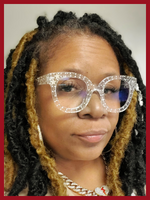 I'm interested in pursuing training as a CHW because we need change in our communities. People will not acknowledge mental illness because they don't understand the importance of mental health. I hope to make an impact by being an advocate for the individuals that are not able to advocate for themselves. I'm interested in pursuing training as a CHW because we need change in our communities. People will not acknowledge mental illness because they don't understand the importance of mental health. I hope to make an impact by being an advocate for the individuals that are not able to advocate for themselves.
Barbara Wilson, Cohort 2, CHW-in-training, Goodwill Industries Power of Work
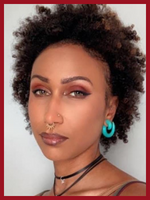 As an alumni from a non profit organization that help parents that are in early recovery from substance misuse, I feel like this training and to be certified as a CHW will be a beneficial tool to use to give back to the community that helped me. As an alumni from a non profit organization that help parents that are in early recovery from substance misuse, I feel like this training and to be certified as a CHW will be a beneficial tool to use to give back to the community that helped me.
Amanda Zilka, Cohort 2, CHW-in-training, ChooseWell
QUESTIONS?
Contact Natalie Gober, Program Manager
[email protected]
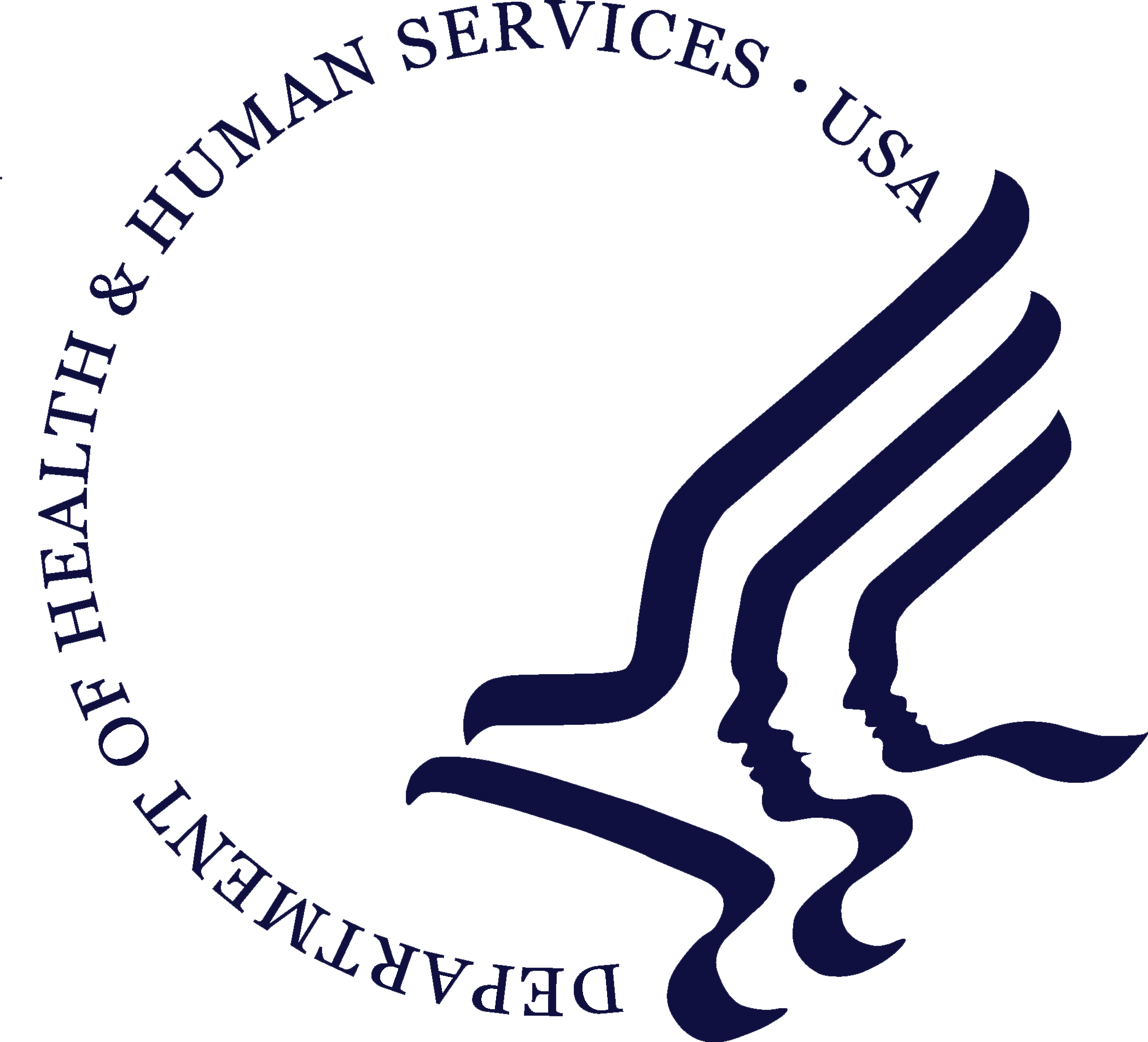 This project (M01HP424540) is supported by the Health Resources and Services Administration (HRSA) of the U.S. Department of Health and Human Services (HHS) as part of an award totaling $2,216,000 with 0 percentage financed with non-governmental sources. The contents are those of the author(s) and do not necessarily represent the official views of, nor an endorsement, by HRSA, HHS or the U.S. Government. This project (M01HP424540) is supported by the Health Resources and Services Administration (HRSA) of the U.S. Department of Health and Human Services (HHS) as part of an award totaling $2,216,000 with 0 percentage financed with non-governmental sources. The contents are those of the author(s) and do not necessarily represent the official views of, nor an endorsement, by HRSA, HHS or the U.S. Government.
|